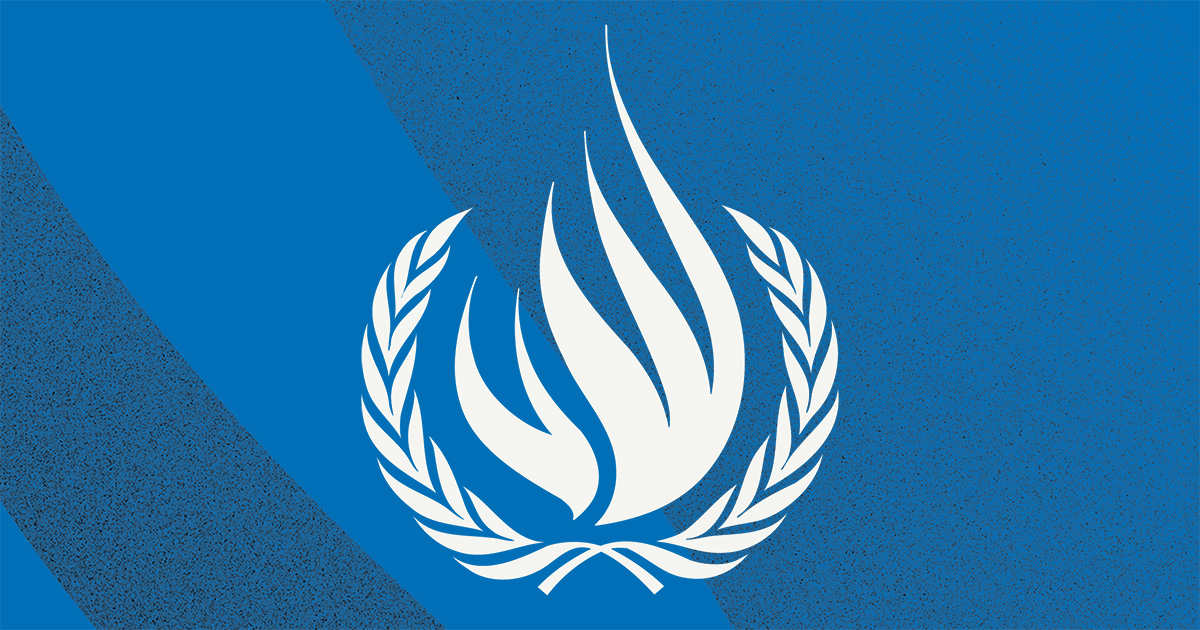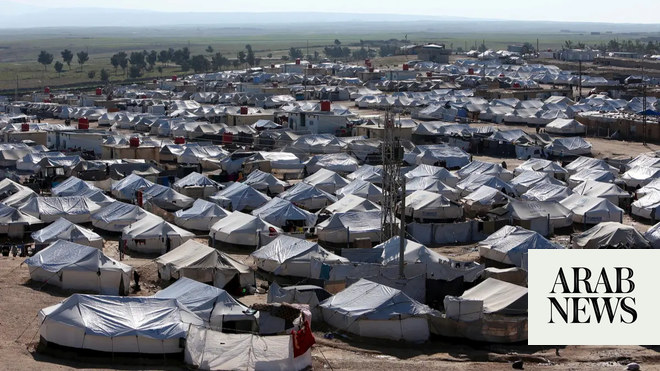
UN human rights experts expressed serious concerns at the deteriorating security and humanitarian situation at the Al Hol and Roj camps in northeast Syria - home to over 64,000 people, mostly women and children - and urged 57 States* whose nationals are held there to repatriate them without delay.
“The number of the countries concerned and the dire humanitarian conditions of the camps highlight the need for collective, sustained and immediate action to prevent irreparable harm to the persons in vulnerable situation held there” the experts said. “Thousands of people held in the camps are exposed to violence, exploitation, abuse and deprivation in conditions and treatment that may well amount to torture or other cruel, inhuman or degrading treatment or punishment under international law, with no effective remedy at their disposal. An unknown number have already died because of their conditions of detention.”
UN human rights experts have issued official letters to 57 governments who are believed to have nationals in the camps. At the Al-Hol camp – the largest camp for refugees and internally displaced people in Syria - more than 80 percent of those being held are women and children.
Reports of increased violence in the camps since the start of the year compound the experts’ calls for urgent action.
The experts recall the urgent need for justice, truth and reparation for all of the victims of the very serious violations of human rights and humanitarian law that have occurred in the region. In that context, the continued detention, on unclear grounds, of women and children in the camps is a matter of grave concern and undermines the progression of accountability, truth and justice.
“States have a primary responsibility to act with due diligence and take positive steps and effective measures to protect individuals in vulnerable situations, notably women and children, located outside of their territory where they are at risk of serious human rights violations or abuses, where States’ actions or omissions can positively impact on these individuals’ human rights,” the experts said.
The experts reminded the States concerned that the repatriation process must be done in accordance with international human rights law. They also stressed that States must refrain from any actions that would expose the individuals to further human rights violations on their return to their country of nationality, and that they should actively support their re-integration with adequate social, psychological, and educational support, conscious of gender-specific traumas that could have been experienced by women and girls.
They also expressed concern at a ‘data collection’ process that took place in the camps last July. “Highly personal and unique data were gathered from women and children in conditions where consent could not be freely given, nor under circumstances in which it was clear whom would have access to those data, and how they might be used,” said the experts echoing the call of the High Commissioner for States to assume responsibility for all of their nationals
“We fear that this exercise was in fact aimed at identifying third country nationals who may pose a security risk, information that could be further communicated and used by States of origin, as a basis for deciding the further course of action for their nationals. This could include trial and repatriation, or children’s separation from their families, including that of male children for further detention.”
The experts said they were gravely concerned that the exercise, reportedly to evaluate security threats, lacked regard for basic principles of due process and solely targeted families with alleged links to foreign ISIL fighters, including women and children, who already suffer from heightened discrimination, marginalisation and abuse on the basis of their alleged affiliation with the group.
They added that the process had largely excluded humanitarian actors, including medical personnel.
ENDS










